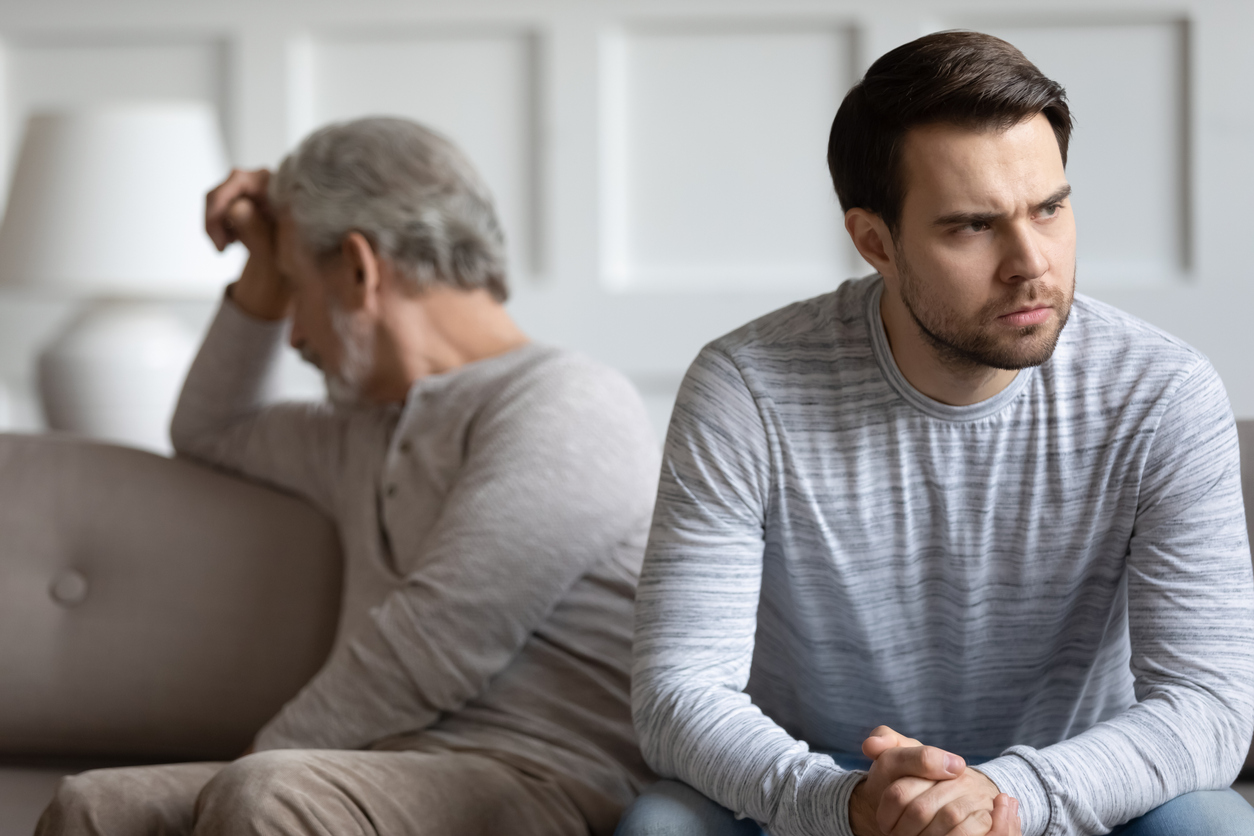Living with Chronic Pain
Supporting an Adult With Chronic Pain Who Is Unable to Live Independently

For many young adults, living on their own is a natural process following high school, college, or the start of a career. However, for those dealing with chronic pain, this may be impossible. Whether due to physical limitations related to pain or the inability to support themselves financially, some people with chronic pain are unable to live independently.
Providing support for a loved one unable to live alone
Supporting an adult who is unable to live alone may begin with reminding them that comparing themselves to others is unhelpful. Accepting current limitations and circumstances, instead of harboring negative thoughts and feelings, can be beneficial to a person’s mental well-being. While they may face challenges and frustrations, they can still lead productive and fulfilling lives.
Redefine independence
Helping an individual who is unable to live on their own includes redefining independence. The inability to live alone does not result in the loss of all self-sufficiency. Examples of being independent include the following:
- Schedule their own medical appointments
- Research their condition
- Make decisions concerning treatment plans
- Use ergonomic tools, such as a shower chair, walking aid, or stool to sit on at the stove or sink
- Plan and prepare meals on days when pain levels are low
- Attend classes online
- Find a flexible part-time job working from home
Remind them that situations can change
Although important to accept the current reality and work within current limitations, it can also be helpful to remind them that changes can occur. Their symptoms may someday improve and allow them to do more independently. Scientists may develop a new treatment that reduces the pain, so they can hold a full-time job.
Additional sources: The Mighty, Patient Worthy, The Mighty, and The Health Sessions

















